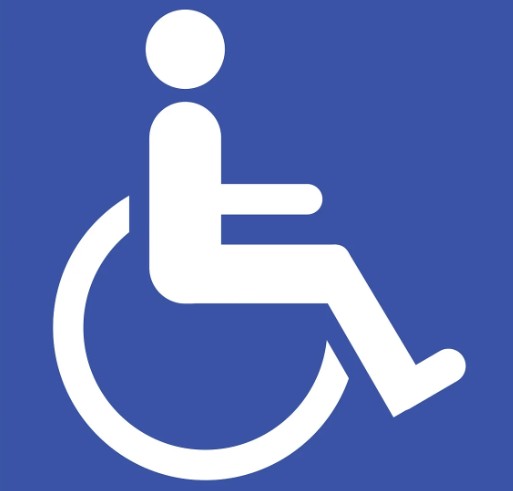Blue Badge Eligibility: No Extension for Temporary Conditions, Say Ministers
Drivers with short-term mobility issues hoping for relief under the Blue Badge scheme have been dealt a setback.
Despite growing calls for flexibility, government officers have verified there are no plans to extend the scheme to cover temporary health problems.
The Blue Badge scheme offers vital parking concessions and precedence access to those with long-term mobility issues or disabilities.
It’s a lifeline for numerous, granting access to impaired kudos and areas where parking is otherwise restricted.
Yet, it’s largely acclimatised to individualities with enduring conditions, not short-term affections.
Labour MP Tristan Osborne recently pressed the Department for Transport on whether temporary conditions should be considered for inclusion.
Osborne asked if “a shorter fixed-term basis” could be introduced to accommodate those experiencing mobility problems for a limited period.
In response, Labour MP Lilian Greenwood, Minister for the Future of Roads, made it clear that such changes were not in the pipeline. She emphasised other avenues for support, where local councils can assist.
She stated: “The Blue Badge scheme is primarily about helping people with a long-term disability that affects their capacity to access the goods and services they need to use.
Anyone may be entitled to a badge if they meet the eligibility criteria.”
Greenwood added: “The Department has no plans to amend the current eligibility criteria.
The Department has previously issued local authorities with advice on how they could use existing powers to provide locally determined parking concessions within their areas.
For example, some local authorities grant parking concessions to assist their elderly residents.
The same powers could be used to help those with temporary mobility problems or conditions.”
Who Decides If You’re Eligible?
It’s up to local councils to determine eligibility. The government’s website offers tools to check if someone qualifies for a badge.
The application fee varies, up to £10 in England, £20 in Scotland, but it’s free in Wales. Once granted, the emblem lasts for over to three times and must be renewed before it expires.
Still, it must give a clear explanation if a council refuses your operation. You can request a review or reapply if your condition worsens.
Automatic Eligibility vs. Application Process
Certain groups automatically qualify for a Blue Badge. This includes individuals on particular Independence Payment( PIP) who struggle to walk further than 50 metres, or those who are registered blind. Others may still be eligible but will need to formally apply.
The Gov.uk website lists conditions that could support a successful application, such as:
- Unable to walk at all
- Need assistance or mobility aids to walk
- Severe pain or breathlessness when walking
- Walking poses a health risk
- Life-limiting illnesses affecting movement
- Severe disability in both arms, making it hard to use parking machines
- Medical conditions in young children requiring constant supervision near a vehicle
- Behavioural or cognitive issues that create safety risks in traffic or public areas
What You’ll Need to Apply?
Operations bear supporting documents like passports, driving licences, benefit letters, or medical records.
Indeednon-visible conditions are considered, with aspirants potentially asked how their condition impacts everyday peregrinations.
For now, motorists with temporary conditions must rely on original results rather than a public scheme extension.
While the Blue Badge remains a vital resource for many, it’s reserved for those with patient mobility challenges.






